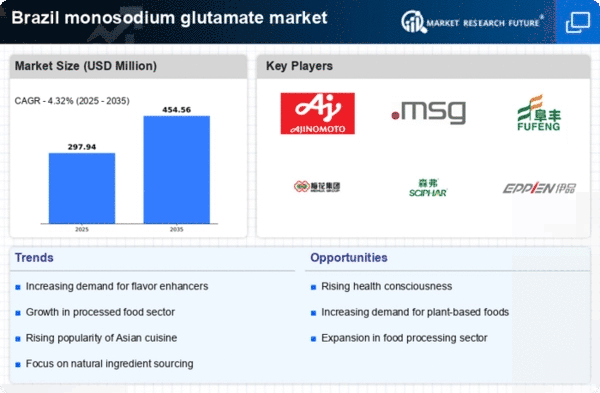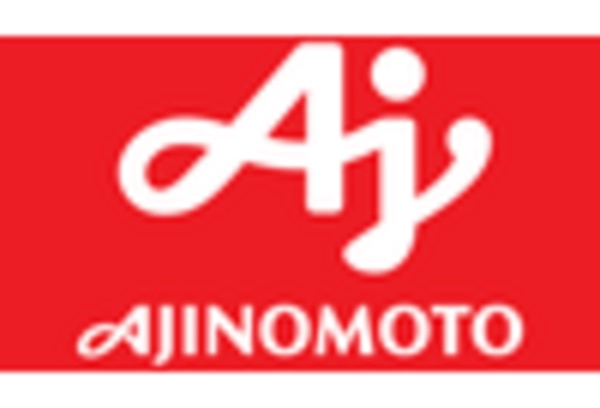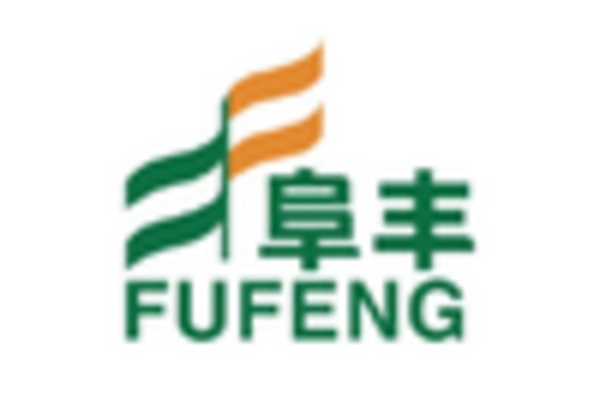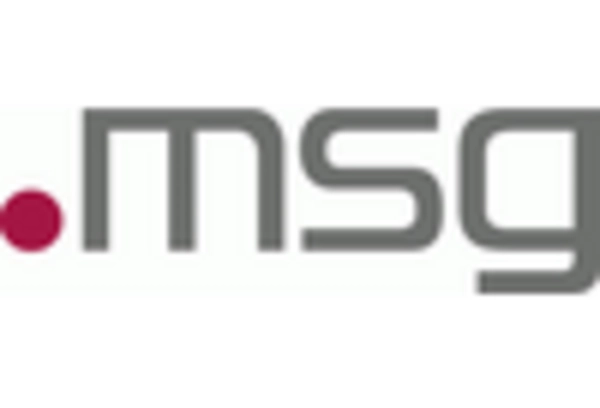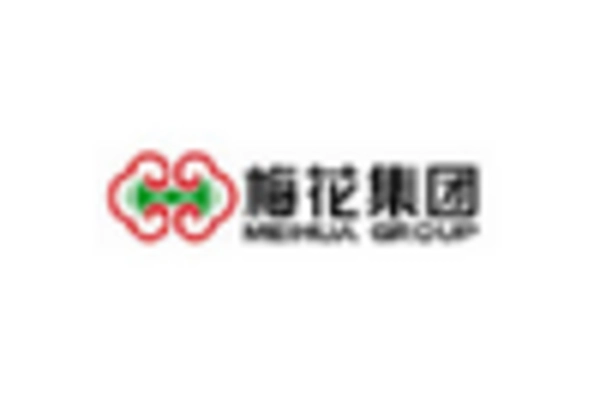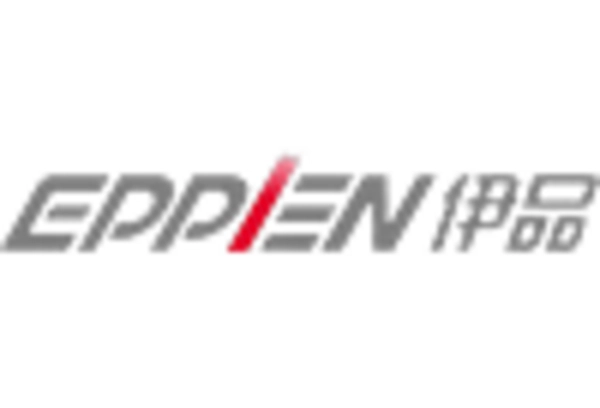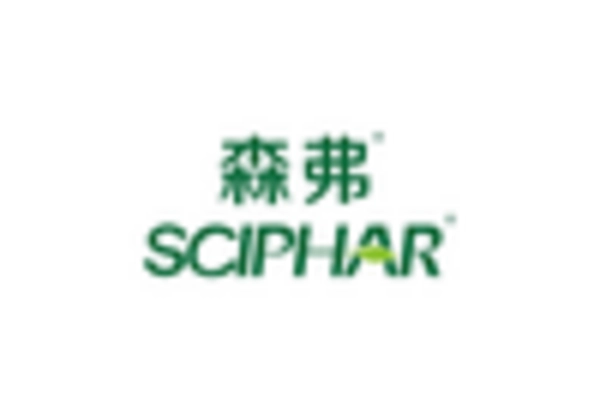The competitive dynamics of the monosodium glutamate market in Brazil are characterized by a blend of established players and emerging companies, all vying for market share amid growing consumer demand for flavor enhancers. Key growth drivers include the increasing popularity of processed foods, the rise of the food service industry, and a shift towards natural flavoring agents. Major companies such as Ajinomoto (Japan), MSG Co., Ltd. (China), and Fufeng Group (China) are strategically positioned to leverage these trends through innovation and regional expansion, thereby shaping the competitive landscape. Their operational focus on product development and sustainability initiatives appears to enhance their market presence and consumer appeal.In terms of business tactics, companies are increasingly localizing manufacturing to reduce costs and improve supply chain efficiency. The market structure is moderately fragmented, with a few dominant players exerting considerable influence. This fragmentation allows for niche players to emerge, yet the collective strength of the key players, particularly in terms of distribution networks and brand recognition, remains significant in shaping market dynamics.
In October Ajinomoto (Japan) announced the launch of a new line of organic monosodium glutamate products aimed at health-conscious consumers. This strategic move is likely to cater to the growing demand for clean-label products, positioning the company favorably in a market that increasingly values transparency and health benefits. The introduction of organic variants may also serve to differentiate Ajinomoto from competitors, potentially enhancing its market share.
In September Fufeng Group (China) expanded its production capacity in Brazil by investing $20 million in a new facility. This expansion is indicative of the company's commitment to meeting rising local demand and optimizing its supply chain. By increasing production capabilities, Fufeng Group may enhance its competitive edge, allowing for quicker response times to market fluctuations and customer needs.
In August MSG Co., Ltd. (China) entered into a strategic partnership with a local Brazilian food manufacturer to co-develop new flavor-enhancing products. This collaboration is expected to leverage local Market Research Future and distribution channels, thereby enhancing MSG Co., Ltd.'s reach and effectiveness in the Brazilian market. Such partnerships may prove crucial in navigating the complexities of local consumer preferences and regulatory environments.
As of November current trends in the monosodium glutamate market are increasingly defined by digitalization, sustainability, and the integration of AI technologies. Strategic alliances are becoming more prevalent, allowing companies to pool resources and expertise to innovate more effectively. The competitive differentiation is likely to evolve from traditional price-based competition towards a focus on innovation, technology adoption, and supply chain reliability. This shift suggests that companies that prioritize these aspects may gain a substantial advantage in the rapidly changing market landscape.


